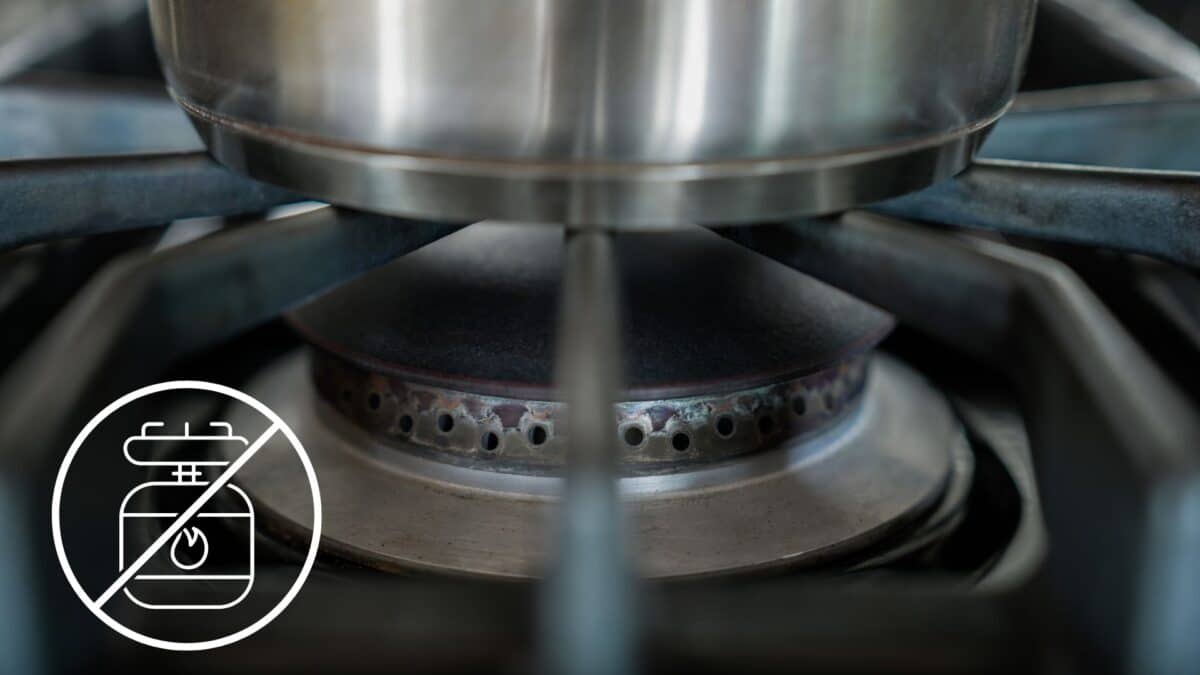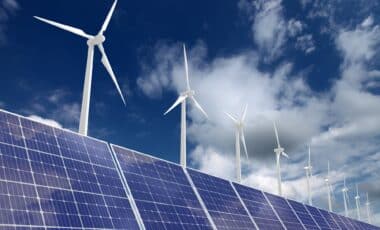In a significant move toward reducing carbon emissions and promoting energy-efficient living, the City of Sydney has announced a ban on gas appliances in all new homes starting January 1, 2026. The decision, which was unanimously approved by the City Council, aims to push for more sustainable housing developments in the local government area. This ban will also extend to new offices, hotels, and serviced apartments by 2027, reinforcing the city’s commitment to environmental responsibility.
The push to eliminate gas appliances aligns with growing concerns about both environmental impact and the health risks associated with gas usage in households. Supporters of the ban argue that the change will not only benefit the environment but also result in significant financial savings for homeowners, potentially reducing energy bills by hundreds of dollars each year.
Energy Savings for Sydney Homeowners
Sydney’s new regulation is expected to result in substantial savings for residents. According to the City Council, households could save as much as $626 annually on their energy bills due to the switch from gas-powered appliances to electric ones. These savings come as the city pivots towards cleaner, more efficient technologies that rely on electricity rather than gas.
This move aligns with broader global trends toward electrification in the building and residential sectors. Experts suggest that electrical appliances, such as induction cooktops and heat pump water heaters, are not only more energy-efficient but also have a lower environmental impact when powered by renewable electricity sources. The financial benefit for households, particularly those in new homes, could add up to significant long-term savings.
Health and Environmental Considerations
One of the most vocal proponents of the ban is Matthew Thompson, a Greens councillor, who compared the use of gas appliances to smoking in an enclosed room with children. He emphasized the health risks posed by the nitrogen dioxide emissions produced by gas stoves, which studies have shown can exceed safe levels for indoor air quality. According to research from American scientists, the use of gas cooking appliances can cause nitrogen dioxide concentrations to rise five times higher than the Australian outdoor air quality standards within just 30 minutes of use.
The health implications of gas cooking have sparked a broader conversation on the environmental impact of fossil fuels. Gas stoves, often seen as a convenient choice for cooking, contribute to air pollution and greenhouse gas emissions. With the City of Sydney leading the charge, this ban reflects an increasing global effort to reduce dependence on fossil fuels and transition to cleaner energy sources.
City of Sydney bans gas appliances for all new homes with claims homeowners will save an extra $626 per year.
— Australian Community Party (ACP) (@acp2030) June 26, 2025
I am not what she is talking about and where she got the stat's from?https://t.co/xLiw2ADi0x
Following the Trend: Other Councils Lead the Way
Sydney is not the first Australian city to introduce such a ban. Several other local councils, including Hornsby Shire, Lane Cove, City of Newcastle, Waverley, City of Parramatta, and City of Canada Bay, have already implemented similar measures for new homes. These councils have recognized the benefits of reducing gas dependence as part of a broader strategy to combat climate change and improve air quality in urban environments.
The decision to adopt these policies has often been driven by the need to align with state and national climate targets, and Sydney’s new rule is part of the growing momentum among local governments in Australia to address the climate crisis at the grassroots level.
State Government Response and Political Tensions
Despite local councils taking the lead, the New South Wales (NSW) state government has not yet committed to a statewide ban on gas connections. NSW Premier Chris Minns has rejected proposals for such a ban, citing concerns about its economic implications and the autonomy of local governments in making energy-related decisions.
This divergence between state and local government policies has created political tensions, as state governments hold significant regulatory power over energy infrastructure. The NSW government’s stance highlights the ongoing debate over the balance of power between state and local authorities, especially in matters of environmental policy.









